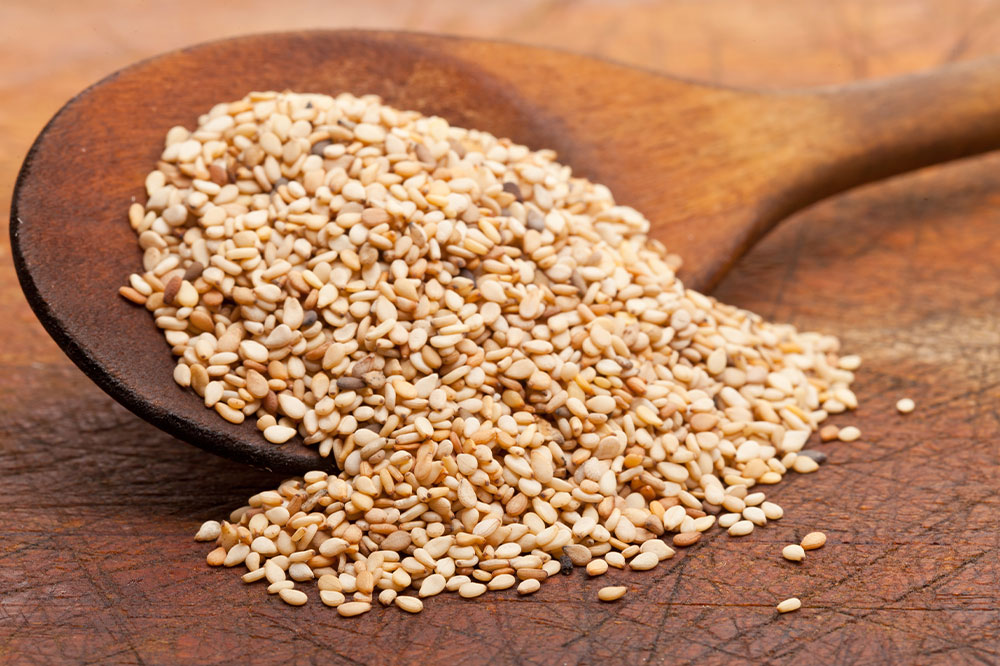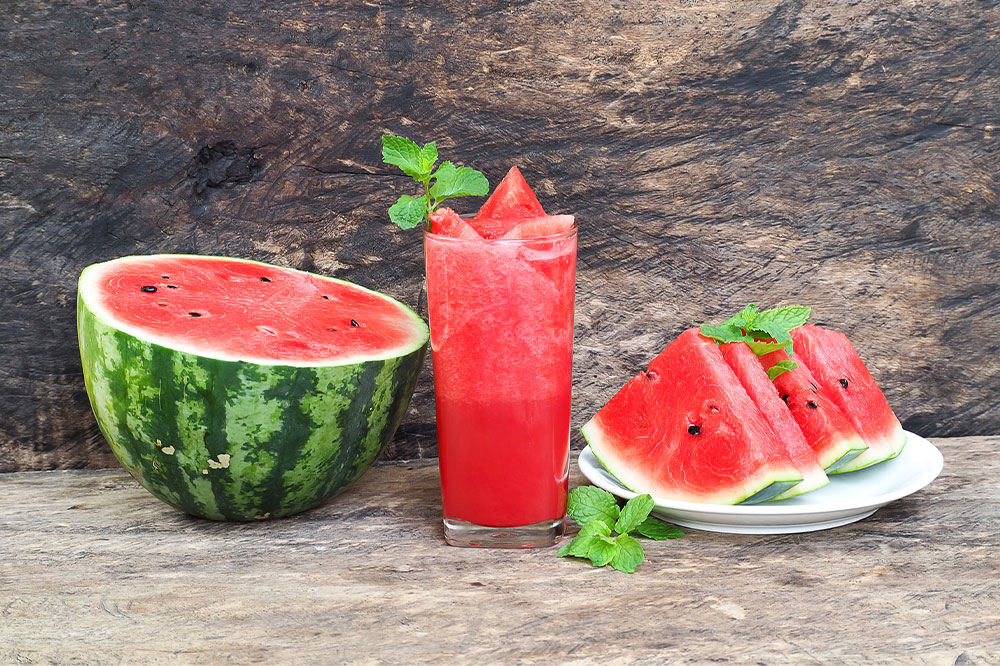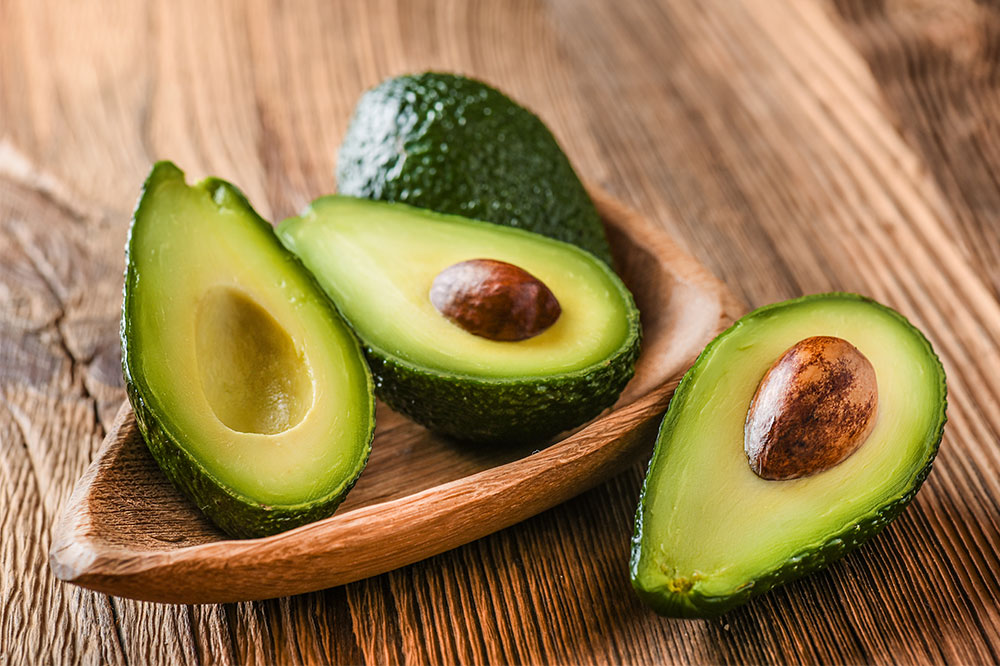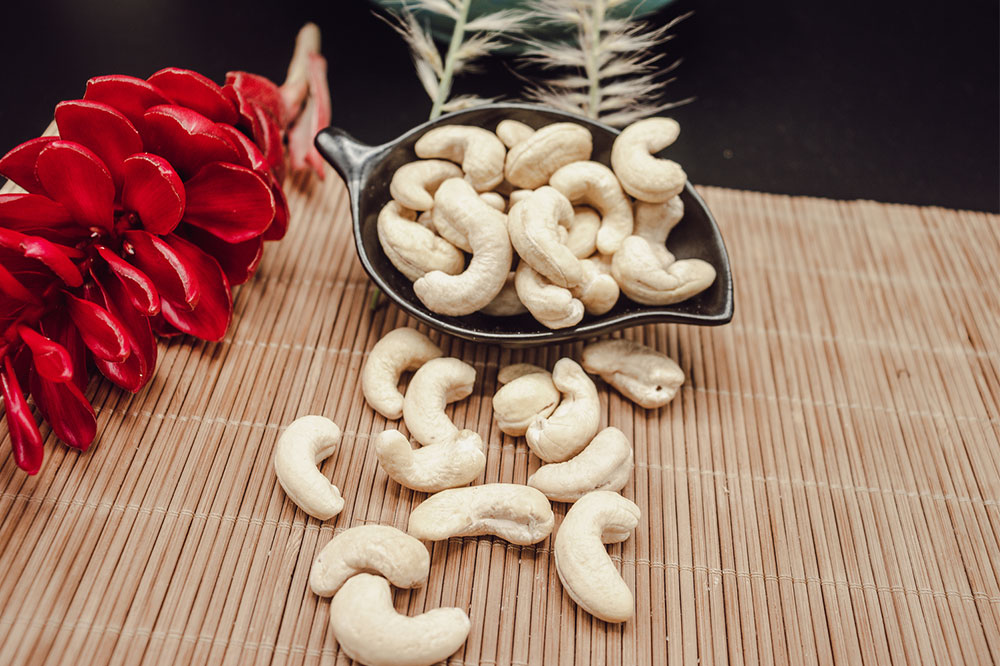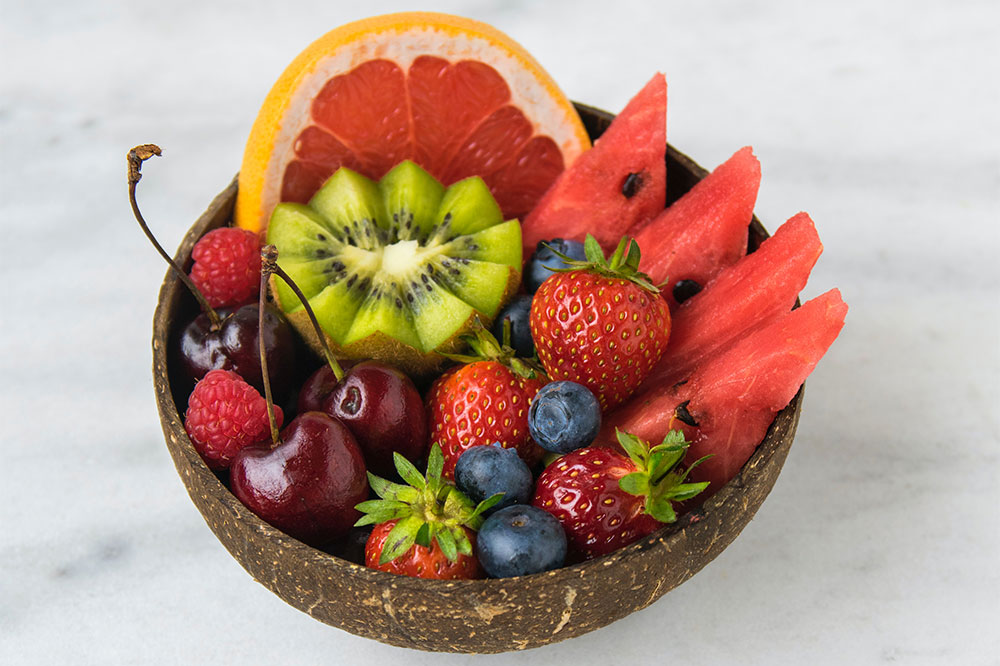Top 6 Nutritional Foods That Support Prostate Health and Aid in Cancer Prevention
Discover six nutritional foods that can support prostate health and aid in cancer prevention. Incorporate cruciferous vegetables, tomatoes, omega-3 rich fish, green tea, legumes, and berries into your diet for optimal prostate wellness. These foods provide essential antioxidants and nutrients to help reduce the risk of prostate cancer, manage symptoms, and promote overall health. A balanced diet combined with regular medical checkups offers a proactive approach to maintaining prostate health and fighting disease progression effectively.

Top 6 Nutritional Foods That Support Prostate Health and Aid in Cancer Prevention
The prostate gland, a small but vital organ situated below the bladder and in front of the rectum, plays a crucial role in male reproductive health. When abnormal cell growth occurs within this gland, it can lead to prostate cancer, one of the most common types of cancer among men worldwide. While medical treatments are essential for managing the disease, diet and nutrition can significantly influence prostate health, aid in reducing risk factors, and help manage side effects associated with treatment. This comprehensive guide highlights six key foods that have been linked to supporting prostate health, combating cancer progression, and promoting overall well-being.
Cruciferous Vegetables: Nature's Cancer Fighters
Cruciferous vegetables, including broccoli, cauliflower, cabbage, Brussels sprouts, and kale, are renowned for their powerful health benefits. Among these, broccoli stands out due to its high concentration of vital nutrients and phytochemicals that can target cancer cells effectively. These foods contain compounds like sulforaphane and indole-3-carbinol, which have been extensively studied for their anti-cancer properties. They help in detoxifying harmful carcinogens, reducing inflammation, and inhibiting the growth of prostate cancer cells. Regular consumption of cruciferous vegetables has been associated with a lower risk of developing prostate cancer and aiding in the management of existing cases.
In addition to their anti-cancer properties, these vegetables are rich sources of fiber, vitamins, and minerals, which can boost overall health and support immunity. Incorporating a variety of cruciferous vegetables into your diet, whether raw, steamed, or roasted, can be an effective strategy for prostate health maintenance.
Tomatoes: A Source of Potent Antioxidants
Tomatoes are highly valued for their rich content of lycopene, a powerful carotenoid antioxidant known for its ability to neutralize harmful free radicals. Lycopene has been extensively researched for its role in reducing cellular damage, preventing oxidative stress, and slowing the progression of prostate cancer. Studies suggest that men with higher intake of lycopene-rich foods tend to have a lower risk of developing prostate cancer or experience slower disease progression. For those who dislike tomatoes, other dietary sources of lycopene include watermelon, pink grapefruit, guava, and papaya, making it easier to incorporate antioxidants into your diet.
Omega-3 Fatty Acids: Fish for Prostate Support
Cold-water fatty fish such as salmon, mackerel, sardines, herring, and trout are excellent sources of omega-3 fatty acids, primarily EPA and DHA. These essential fats possess potent anti-inflammatory properties and are believed to help inhibit tumor development and growth within the prostate gland. Numerous studies have shown that regular consumption of omega-3-rich fish can reduce inflammation-related damage and support overall prostate health. It is recommended that men aiming to support prostate health include fish in their diet at least two to three times per week, whether grilled, baked, or poached.
Green Tea: An Antioxidant Powerhouse
Green tea is rich in catechins, flavonoids, and polyphenols, which are natural compounds with strong antioxidant effects. These substances can help prevent the initiation and progression of prostate cancer by reducing oxidative stress and modulating cancer cell proliferation. Drinking at least one cup of green tea daily may provide protective benefits, and some studies suggest that higher consumption could be associated with a reduced risk of prostate cancer development. Incorporating green tea into your daily routine is a simple yet effective way to harness its health benefits.
Legumes: Protein-Rich Plant-Based Foods
Legumes, including beans, lentils, peas, and peanuts, are excellent sources of plant-based protein, fiber, and essential nutrients. They also contain phytoestrogens, plant-derived compounds that mimic estrogen's effects and may have protective effects against hormone-dependent cancers like prostate cancer. Foods such as kidney beans, soybeans, chickpeas, and black beans are particularly rich in these compounds. Regularly consuming legumes can support hormonal balance, improve digestion, and provide anti-inflammatory benefits, all contributing to better prostate health.
Berries: Naturally Rich in Antioxidants
Blueberries, strawberries, blackberries, raspberries, and other berries are packed with antioxidants, vitamins, and phytochemicals that help neutralize free radicals and reduce oxidative stress in the body. The high vitamin C content in berries enhances immune function and repair processes. Their consumption has been linked to a lower risk of various cancers, including prostate cancer, due to their ability to protect healthy cells from damage and inhibit tumor growth. Incorporating a variety of berries into smoothies, salads, or as snacks can boost your overall antioxidant intake and support prostate health.
If you’re seeking to improve prostate wellness, adding these six foods to your diet can be a strategic move. While no single food can prevent or cure prostate cancer, a balanced diet rich in these nutrients, coupled with regular medical checkups, can significantly enhance your health outcomes and support long-term well-being. Remember to consult with healthcare professionals before making significant dietary changes, especially if you have existing health conditions or are undergoing treatment for prostate issues.